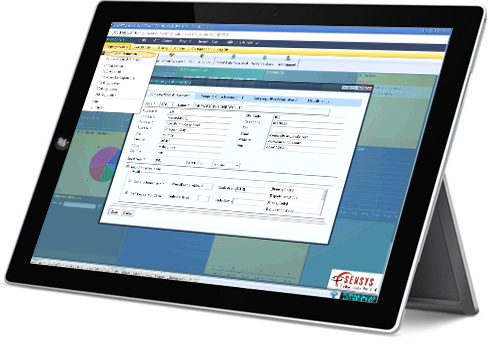
They can be accessed from the script as if the files were in their current relative locations.
files - A list of entries representing files the installation script will embed in the generated shell script. Currently the version of node.js is not checked. nodeVersions - An array of acceptable node.js versions, each in the format 'X.XX.XX' (e.g. options - A set of options for how the installer is created. installerJavascriptFile - A handle to the javascript to Can either be an object with a toString method, or it can be a Stream. Var packageStream = makeInstaller(options) - creates an installer shell script MakeInstaller.fs = require("graceful-fs") - set an object that will be used in place of fs inside installer-maker Var makeInstaller = require ( 'installer-maker' ) Run it in a location outside the shared directory node API Vagrant note: this installer (like many many other things) won't work in a linux-vagrant shared directory in a windows host environment. If you want to access the directory that the shell script was run from, it is the parent directory of the directory in which the node script is run in (ie process.directory+"/."). #Hr installer maker install
Note: The node install script runs in a temporary directory that is be deleted after the install process. Otherwise you shouldn't have to use sudo unless your installation script itself requires it.


The script only needs to be run with sudo if you expect it to install node.js.currently this has to be a machine that can execute bash scripts.The script can be copied via scp or even simply copy-pasted into a terminal editor and saved.Run the shell script wherever is appropriate with whatever commandline arguments are appropriate. Run the shell script on the target machine - The resulting shell script should be copied to the machine on which you want to run the installation.Run the script builder to generate the shell script.Write the script builder - Any files that the entrypoint script might use (including required modules) must be added to the files list.






 0 kommentar(er)
0 kommentar(er)
